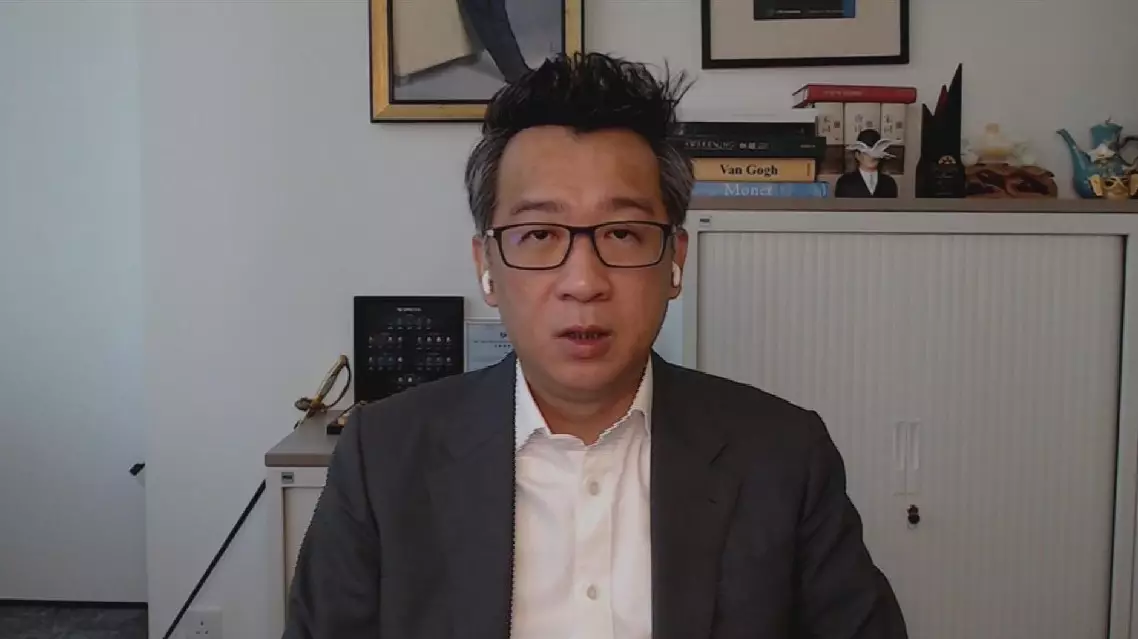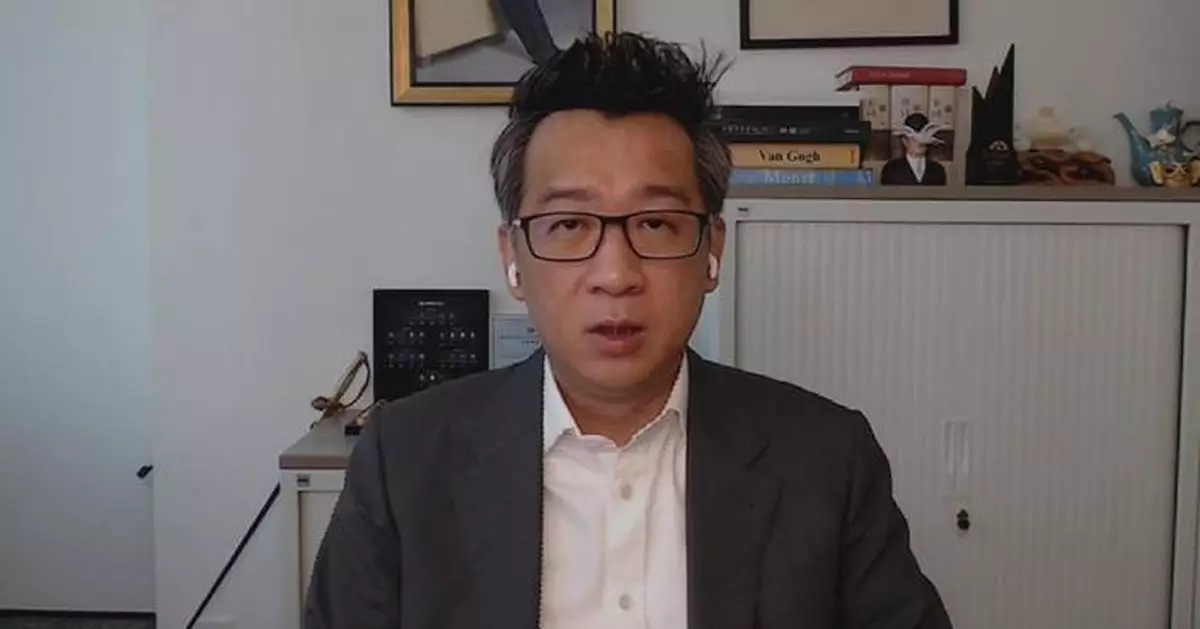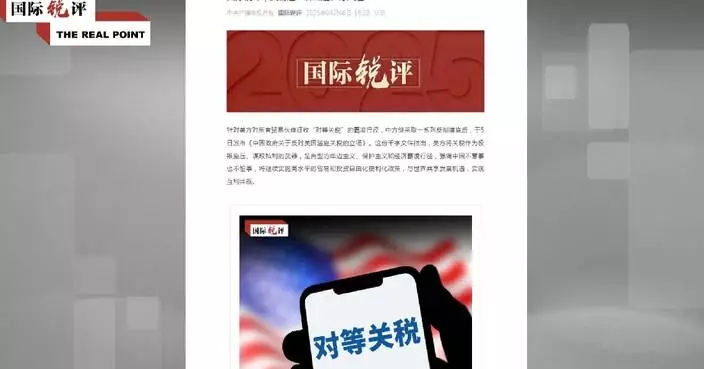Stock markets in Japan and South Korea rebounded on Tuesday after a mass sell-off on Monday.
Japan's Nikkei-225 on Tuesday closed up over 10 percent and in the meantime, South Korea's KOSPI moved up 3.3 percent. Analysts attribute the rebound to investors reassessing fears of a U.S. slowdown.
In Monday's trading, the Nikkei plunged 12.4 percent, its biggest fall since "Black Monday" in October 1987. South Korea's KOSPI index dived 8.77 percent at the closing bell.
Asked to comment on the Japanese market plunge in an interview Tuesday with China Global Television Network (CGTN), Hong Hao, Chief Economist of GROW Investment Group, pointed out that a stronger yen, which recently reached a 7-month high against the U.S. dollar, is another contributor to the stock rout.
He explained that short-term investors increased selling in stock index futures in line with the yen's appreciation.
"I think the Japanese Yen has been the most important funding currency for carry trade globally. So, I think as a result, the recent rapid appreciation of the Japanese Yen is creating havoc in the financial industry. So, people who borrow Yen at zero interest rate are now facing a slightly high interest rate and also a rapidly appreciating yen. So, I think as a result people have to deconstruct or pay back the Japanese year loans, sell down the assets they hold and also repatriate the money back to Japan and pay down the loan. This process is creating selling pressure on many of the high-flying assets in the past year, for example, the U.S. semiconductor industry. Many of the stocks in this industry have more than doubled," said Hong.
Following the Bank of Japan's announcement of its policy rate hike to 0.25 percent on July 31, the Governor of the Bank of Japan (BOJ) Kazuo Ueda did not rule out the possibility of an additional rate hike within the year, which accelerated yen buying and dollar selling in the forex market.

Japan, South Korea shares rally after massive sell-off














































